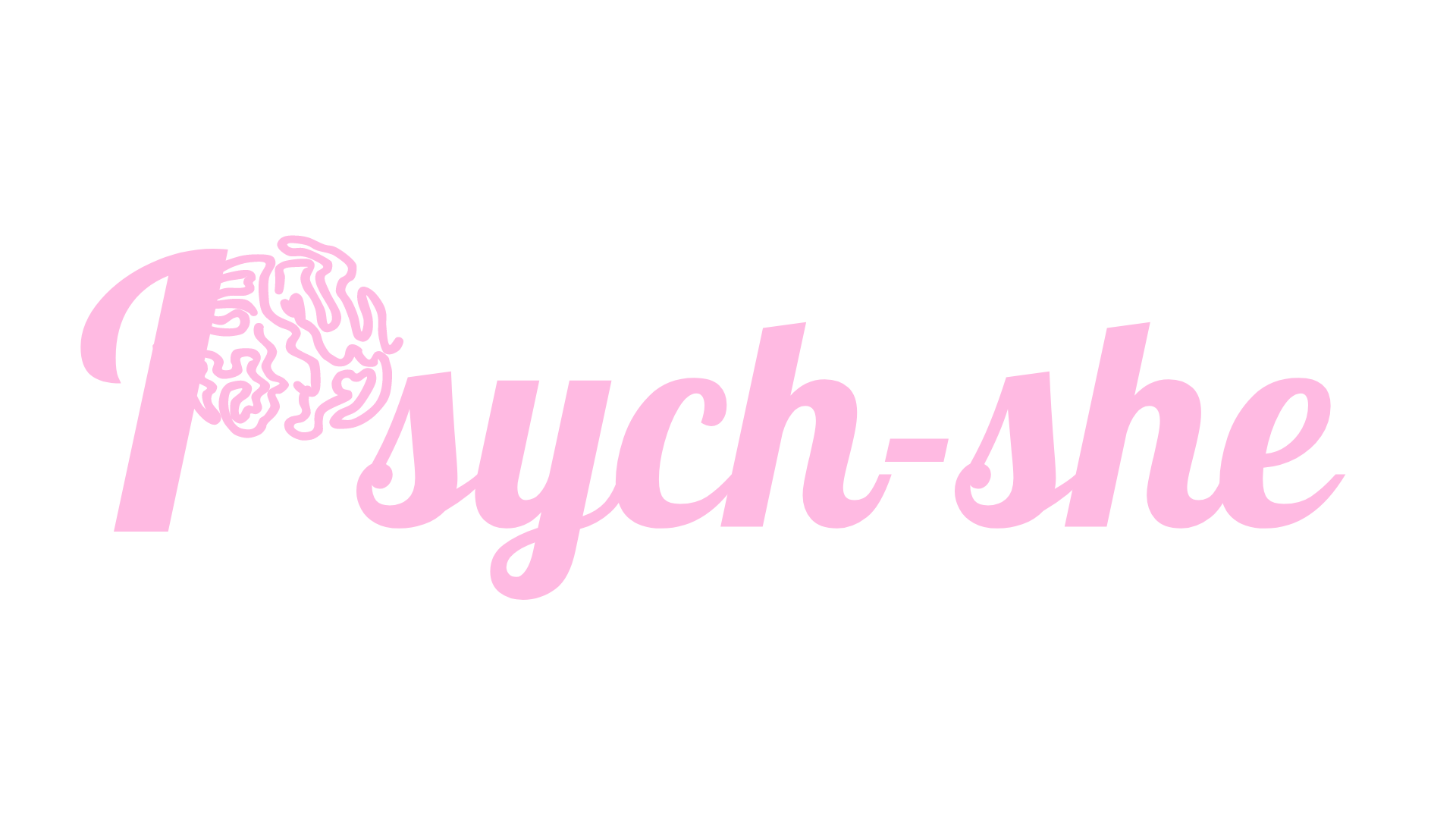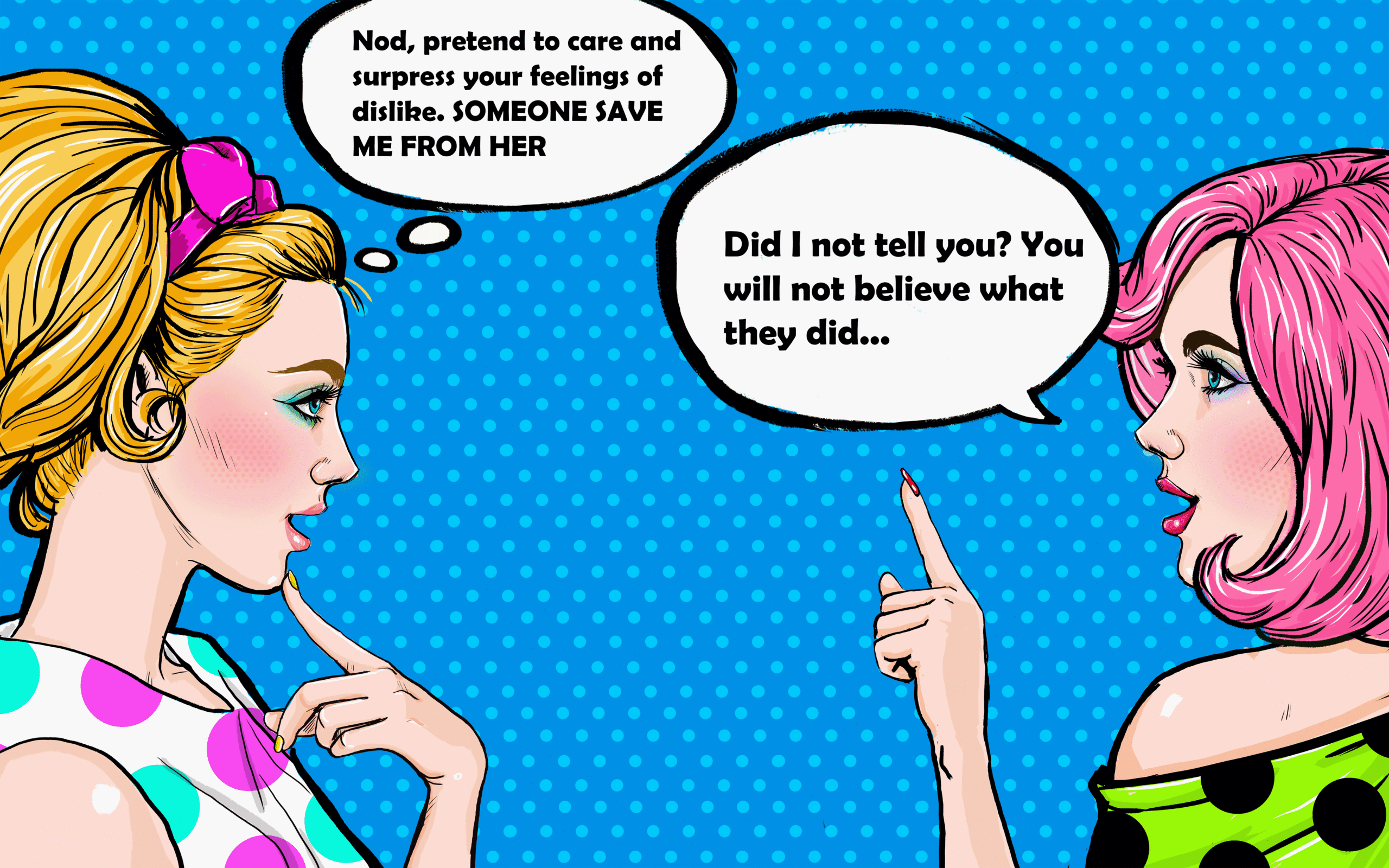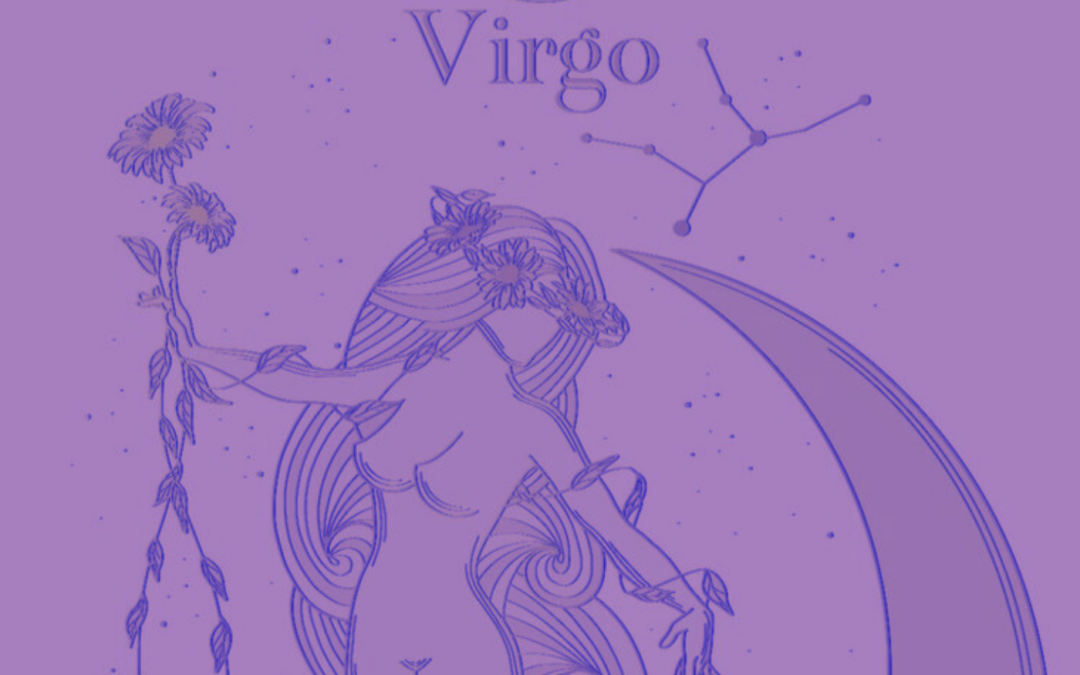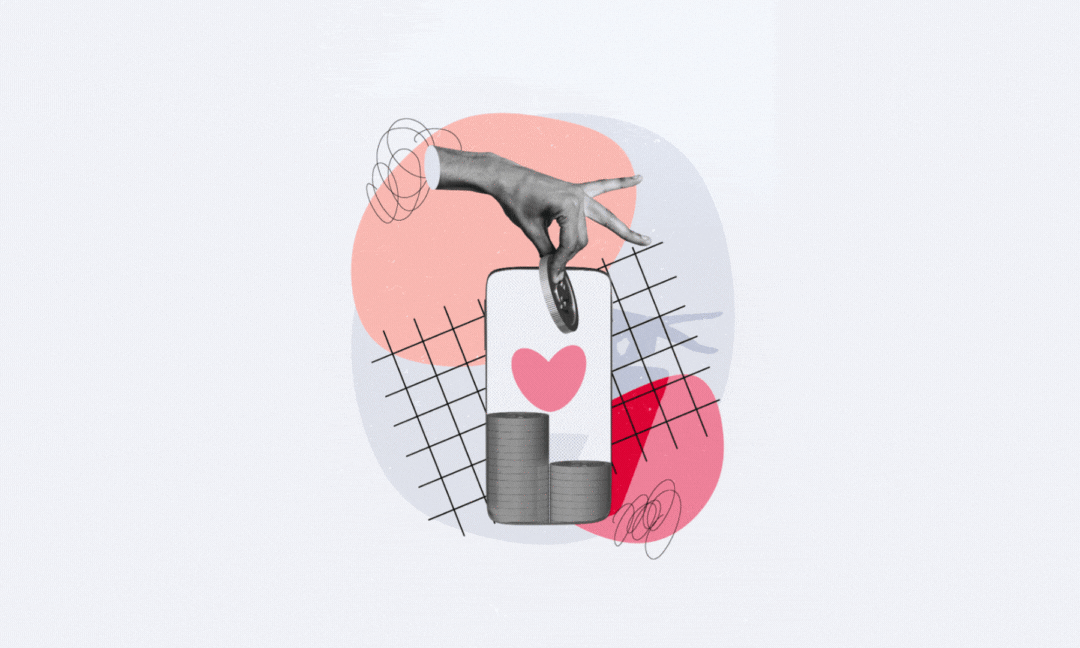A cold glare from that one person confirms your suspicions that they dislike you. After racking your brain trying to work out what you have done to make them feel this way, you come to an unpleasant realisation, that maybe the just don’t like you. Psych-she have spoken to the experts to find out what drives this response and how we can navigate the feeling of being disliked.
As I am walking to work for my first shift at a local cafe, emotions are running through my head. My anxiety is asking me questions like ‘How am I going to keep up?’ and ‘Are my colleagues going to like me?’ A couple of hours later, I’m starting to get to grips with the job and the panic from earlier is a distant memory.
There is just one uncomfortable hunch I can’t get past. Everyone I have spoken to has been warm and welcoming apart from one person. I try to brush this feeling off. How can someone not like me after just a day?
Fast forward to 6 months later and guess what, they still couldn’t stand me. This person never did anything outwardly horrible or even did anything to prove they disliked me. However, as soon as I opened my mouth to speak to them, I could tell they wished I would just shut the fuck up.
I am sharing this experience because it highlights a hard truth, I am about to share with you. Unfortunately, no matter how fabulous, kind or funny you think you are, not everyone is going to like you.
Now, before you stop reading and go into panic mode analysing every interaction you have ever had, please bear with me. Not only is being disliked normal and okay, we can use it as a tool to help us navigate the art of friendship building, so listen up carefully.
Dr Roger Covin, a clinical psychologist and author of the book ‘The Need to be Liked’ says: “We need to have a very honest conversation and answer the old cliche of ‘why you cannot be liked by everybody’ as the very qualities that make you likeable to one person are the exact same qualities that make you unlikable to another person
“This highlights how you are going to naturally slot in with some people who have these preferences and slot in with people who do not, which interestingly makes rejection and instances of not liking someone a wonderful screening tool that can eliminate a lot of stress from your life
“The next time you run into someone and your intuition or experience with them is telling you that this isn’t a good match- wonderful, stop it now because the alternative, is you trying to force a connection with someone.”
It is easy to understand that our different personalities mean that not everyone is going to instantly be your new bestie.
As Dr Covin points out, this is not a bad thing, with statistics from a YouGov 2021 study stating that ‘41% Britons say they have two or three close friends’ and only ‘16% have more than six’ shows that maybe the cliche ‘quality over quantity’ is one that is true with regard to friendship.
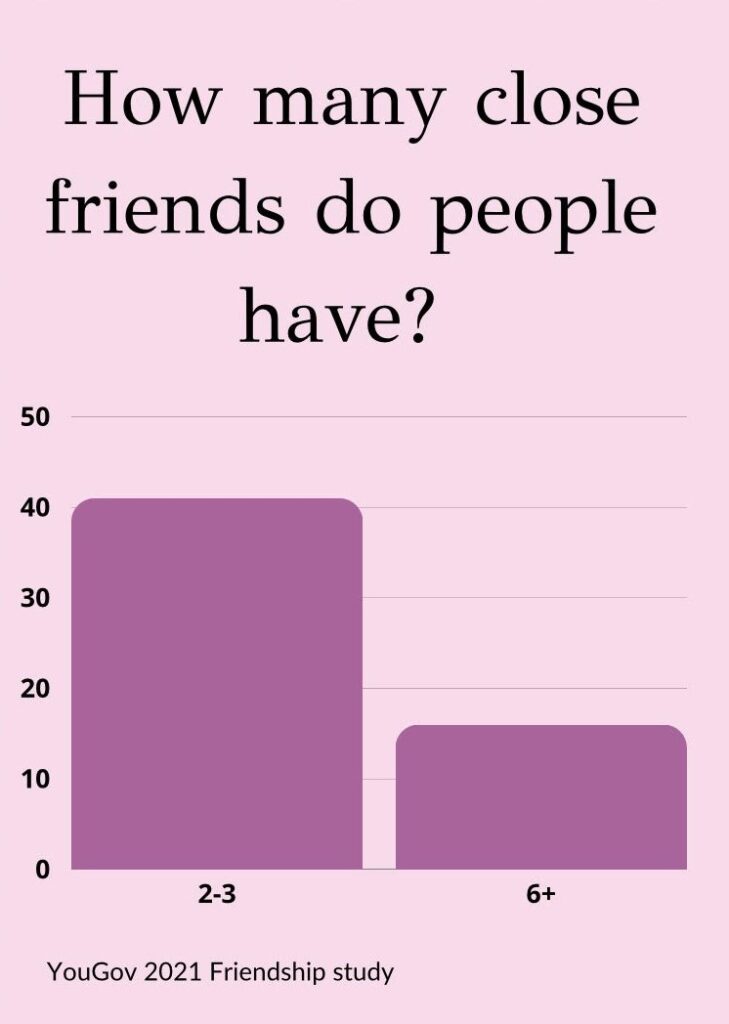
However, with this in mind, the thought of people not liking us is one that likely would make most of us feel, quite frankly, shit.
Dr Covin added: “When someone says ‘I don’t need to be liked by anybody’ well there is about 5% of the population that does not need to be liked. However that is due to a personality or psychological disorder, or some other mental health problem that means those individuals don’t need or don’t want people to like them, but for the other 95% if you remove social connections it really affects them.”
I guess this means next time someone says ‘I don’t care what anyone thinks’ we now know that they are talking rubbish. In an ideal world, however, surely this attitude is the perfect solution to dealing with social rejection, by simply not caring about being liked. So what is it that drives this need?
Dr Megan Birney, social psychologist and senior lecturer at Staffordshire University says: “If you think about our early days as humans , if we were not part of a group or outed from a group, if we were not in a network of people we would have died. It was actually for survival purposes and therefore necessary so we have evolved this need to be part of a group.”
Research from the National Library of Medicine found ‘links between more time spent with others and greater happiness’, highlighting the importance of having good relationships.
So let me get this straight, we are all instinctually wired to be in groups which has a direct link to happiness, yet we are not designed to also like everybody? I think I may have found a slight flaw in our human makeup.
Dr Covin said: “The fear of social pain, which by definition is the unpleasant feeling we get when we feel excluded, rejected or isolated, is when the waters become murkier and the more defence mechanisms come out
“The more fear you have with social pain the more likely you are to be conservative in terms of putting yourself out there and being yourself so a lot of people that are really afraid, will simply modify a lot of their behaviours and thinking, to avoid social pain which can take a lot of their qualities away.”
Cliche alert! I’m sure all of us have been told at some point that ‘if you just be yourself people will like you’, which, yes, is true. Let’s be honest though, the first time I am meeting a new person the ‘clean’ version of myself will be acting in full force.
Dr Birney added: “If you walk into a situation that you’re not sure of, everyone is looking at everybody else to see how everyone else is acting, what is everyone doing, what are these people like, how do I fit in? The information of who you are is fed to you by your perception of others
“It is about the social context that determines your identification in that moment and then the rules and norms that go along with that are then what you ascribe to.”
Research from the Psychological Science Journal found that ‘minimal an exposure time as a tenth of a second is sufficient for people to make a specific trait inference’, which in non-scientific language means in under a second of meeting someone they will have made a judgement on you.
Ouch, give me a moment to make a note to my future self, reminding me to keep the social filter on as, clearly, first impressions count.
Dr Covin explains: “It is tricky, social pain and social anxiety a certain amount is healthy. If you think about social situations, social anxiety is a very useful tool. For example if I’m going to a party I want my social anxiety to be mild like 2-3 out of 10. That little bit of anxiety will motivate me to watch what I say and my behaviour
“You have undoubtedly met someone at a party and who has 0 out of 10 social anxiety. They are saying terrible things and behaving as if they are not and it is not a good thing. Likewise, if I was going to a job interview where I was literally going to be evaluated my anxiety would be at a 5 or 6 so that will motivate me to prepare and conduct myself in a way that is likely going to increase my chances of getting the job.”
Social anxiety and the upset we feel when we are disliked is a deep-rooted, evolutionary response to the need to be liked and accepted, which most of us experience.
Now, before I scare you off from socialising for life, I wanted to share some research from the Psychological Science Journal which says that ‘Our studies suggest that after people have conversations, they are liked more than they know’, so don’t be too hard on yourself.
Most of us are good people who possess characteristics like kindness, intelligence and compassion which, as the above research suggests, shine through to strangers upon meeting them.
So, the next time you meet someone and you get the vibe they dislike you, instead of feeling down, remind yourself that sometimes we just were not meant to be friends with certain people and that is okay.
However, one last piece of advice. If someone is giving off major red flags, trust your intuition and swiftly move on because life is too short to be dealing with arseholes.
Expert Insight: Dr Roger Covin
Dr Roger Covin is a clinical psychologist based in Canada and author of the book ‘The need to be Liked’. Aside from working as a psychologist, over the course of his career he has also written for Medium and Huff post.
Expert Insight: Dr Megan Birney
Dr Megan Birney is a social psychologist and is currently a senior lecturer at the University of Staffordshire. During her career she has focussed her research on topics related to identity and has published a book called ‘Self and Identity: The Basics‘
Featured image: Adobe Stock
